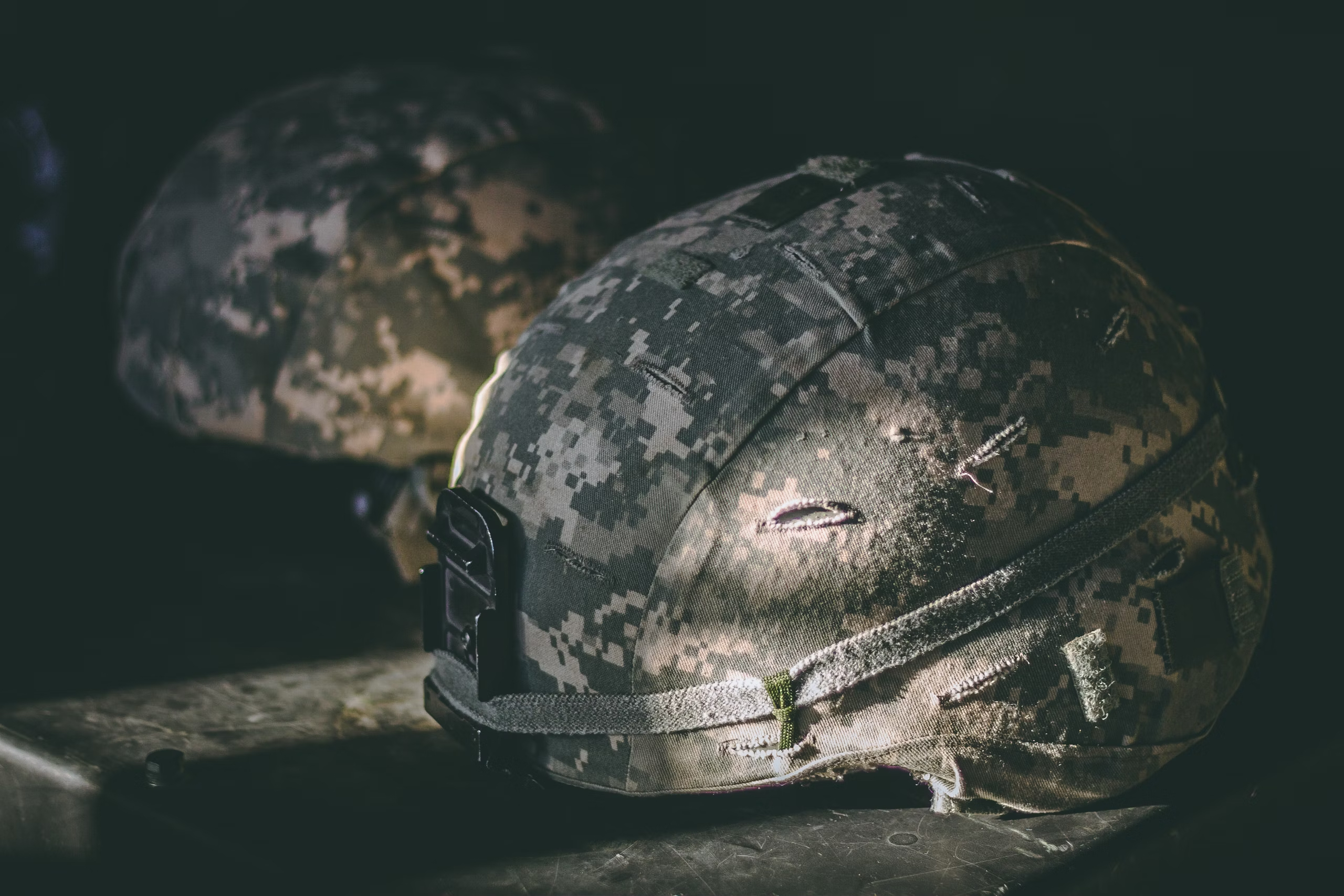Alcohol use disorder (AUD) and sleep apnea are two serious conditions that can significantly impact the lives of veterans. When combined with mental health issues like PTSD, these conditions create a complex web of challenges that can be difficult to navigate. The National Center for PTSD states that 44.6% of individuals with lifetime PTSD also met criteria for an alcohol use disorder. Understanding the interplay between these issues is crucial for veterans and their loved ones, as it opens the door to more effective treatment options and a pathway to recovery.
The Unique Challenges Faced by Veterans
Veterans often face a unique set of challenges when it comes to their mental and physical health. The experiences of military service, including exposure to combat and high-stress environments, can lead to the development of conditions such as post-traumatic stress disorder (PTSD). PTSD, in turn, can trigger or exacerbate other issues, including alcohol use disorder and sleep apnea.
PTSD and Its Impact on Health
Post-traumatic stress disorder is a mental health condition that can develop after experiencing or witnessing a traumatic event. For veterans, this might include combat experiences, injuries, or the loss of fellow service members. Signs and symptoms of PTSD can include:
- Flashbacks
- Nightmares
- Severe anxiety
- Uncontrollable thoughts about the event
- Hypervigilance
- Irritability
- Difficulty concentrating
- Emotional numbness
These symptoms can make daily life challenging and often lead individuals to seek relief through unhealthy coping mechanisms like alcohol consumption.
The Link Between Alcohol Use Disorder and PTSD
For many veterans, alcohol becomes a means of self-medication, used to numb the emotional pain and anxiety associated with PTSD. Unfortunately, this coping mechanism often leads to the development of alcohol use disorder, a condition characterized by an inability to control alcohol consumption despite its negative impact on one’s life.
Veterans with PTSD are more likely to develop alcohol use disorder as they attempt to manage their symptoms. However, PTSD and addiction exacerbate one another, creating a vicious cycle that is difficult to break. It is also important to understand withdrawal symptoms as they can be difficult to navigate.
Co-occurrence of Alcohol Use Disorder and Sleep Apnea
In addition to the mental health challenges posed by PTSD, veterans with alcohol use disorder may also be at a higher risk for sleep apnea. Sleep apnea is a condition in which breathing repeatedly stops and starts during sleep, leading to poor sleep quality and other health issues.
Alcohol consumption can relax the muscles in the throat, making sleep apnea more severe. For veterans, the combination of alcohol use disorder and sleep apnea can lead to chronic fatigue, mood disturbances, and an increased risk of accidents or injury.
When alcohol use disorder and sleep apnea co-occur in veterans, it is crucial to address both conditions simultaneously. Treating one without the other can lead to incomplete recovery and ongoing health problems. For example, if sleep apnea is left untreated, the resulting fatigue and irritability may increase the risk of relapse into alcohol use.
A Comprehensive Approach to Treatment
Holistic Treatment Plan
A holistic treatment plan that addresses the mental, physical, and emotional needs of veterans is essential for successful recovery. At luxury rehab centers like Sana at Stowe in Vermont, veterans can receive tailored care that focuses on the whole person, rather than just the symptoms.
A comprehensive approach might include therapy for PTSD, alcohol addiction treatment, and sleep apnea management. Additional therapies, such as yoga, meditation, and nutritional counseling, can also play a crucial role in helping veterans heal from the inside out.
Evidence-Based Rehab
Evidence-based rehab programs utilize scientifically proven methods to treat alcohol use disorder and related conditions. For veterans dealing with PTSD and sleep apnea, evidence-based treatments offer the best chance for a successful recovery.
Cognitive-behavioral therapy (CBT), medication-assisted treatment (MAT), and peer support groups are just a few examples of evidence-based practices that can help veterans manage their conditions and achieve long-term sobriety.
Peer Support and Community
One of the most valuable resources for veterans in recovery is the support of their peers. Sharing experiences with others who have faced similar challenges can provide a sense of community and understanding that is crucial for healing.
Group therapy sessions, veteran-specific support groups, and peer mentoring programs can help veterans feel less isolated and more connected to others who understand their struggles.
Navigating Recovery in a Luxurious Setting
For veterans seeking treatment, including holistic treatment for alcoholism, the environment in which they receive care can play a significant role in their recovery. At Sana at Stowe in Vermont, veterans can find solace in the picturesque, clean, and serene surroundings of New England. This tranquil setting, combined with top-notch medical care and holistic therapies, provides an ideal environment for healing.
The retreat-like atmosphere of our luxury rehab center allows veterans to focus on their recovery without the distractions and stressors of everyday life. The opportunity to reconnect with nature, engage in physical activities like hiking and snowshoeing, and participate in wellness programs can enhance the recovery process.
Sana at Stowe: A Pathway to Healing
For veterans dealing with the complex interplay of alcohol use disorder, sleep apnea, and PTSD, recovery may seem daunting. However, with the right support and treatment, healing is possible. Alcohol use disorder and sleep apnea in veterans require a comprehensive approach that addresses both the mental and physical aspects of these conditions. If you are seeking an addiction guide call us at (802) 532-5277 today.
In Vermont, where the natural beauty of Stowe and the expert care at luxury rehab centers come together, veterans can find the support they need to navigate the challenges of recovery. Through a combination of evidence-based treatments, holistic therapies, and peer support, veterans can overcome the obstacles of alcohol use disorder and sleep apnea, leading to a healthier, more fulfilling life.


